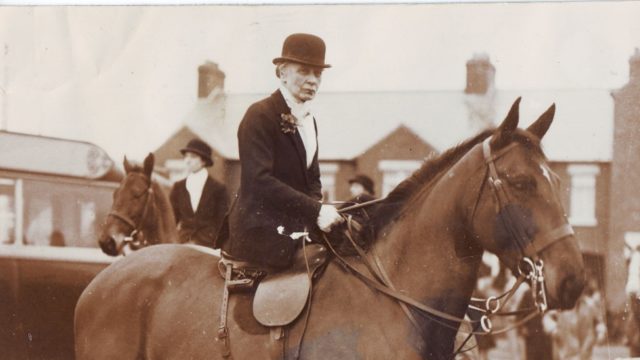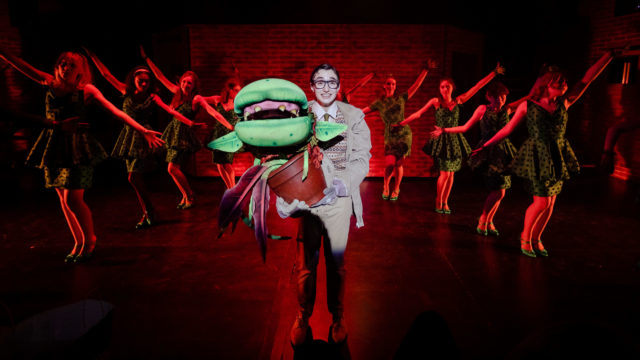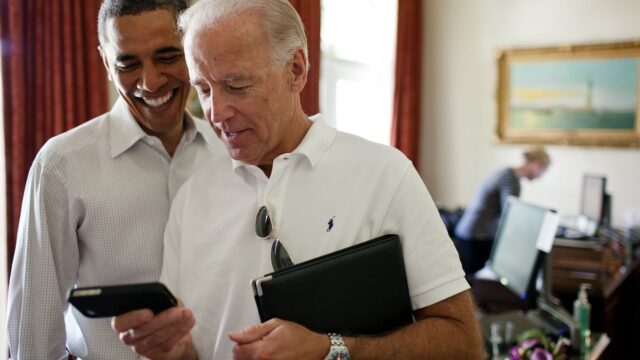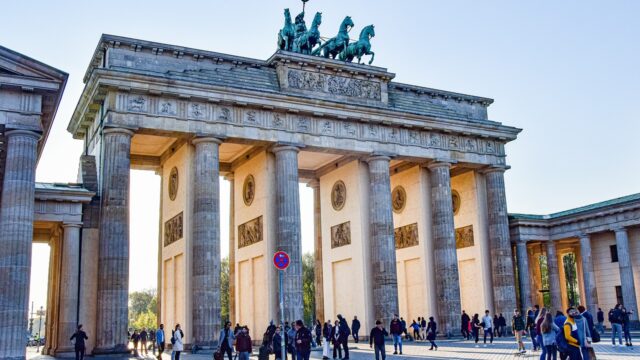iPaulina
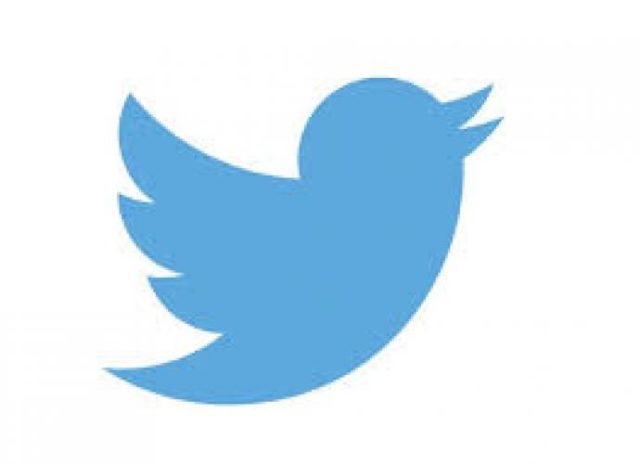
Brevity – the soul of American politics?
Twitter as the modern theatre of civil war in the USA...Twitter is where the soul of American politics resides.
At the moment America is a country divided, each side cheering their mascots on in the war theatre of Twitter. COVID-19 has proved fertile ground for the familiar right-left debate. A nuanced opinion is difficult to squash into Twitter’s blue box. Extremes rise to the top, elbowing aside compromise and moderates. The 280-character limit (previously 140) lends itself well to truisms and insults. All the while, our data is being stored in some shadowy archive, ready for the next Dominic Cummings to weaponise our social media activity.
All in all, social media is undeniably shaping political discourse and redefining the way politicians present themselves to the world. But is this wholly a bad thing? There does seem to be some advantages. For one, the popularity enjoyed by young and hip politicians like Alexandria Ocasio-Cortez is amplified by the personality they present on their Twitter platforms. Ahead of the House vote on the COVID-19 bill, Ocasio-Cortez made a fiery speech advocating for more financial support for working families. The video circulating on Twitter shows AOC at her best, eloquently condemning the Republican apathy towards struggling families. “If you had urgency,” she says, at the close of the rapid-fire address, “you would legislate like rent was due May 1.”
Of course, Twitter also amplifies the views of divisive figures like Trump. He drops comments like stones into a still pool of water and watches as the outraged ripples radiate out. And while it’s gratifying to see Chris Evans (aka Captain America) eviscerating his president on Twitter, it only funnels more ammunition into a war that is better fought with facts and figures instead of Twitter one-liners.
What the spotlight of Twitter does is briefly and sporadically illuminate a deeper social issue, before swinging away again to contemplate cats jumping over toilet paper rolls. Trump is more than an orange man wielding his signature cup of coffee—he embodies a shift in public opinion that is happening globally. The cautious goodwill following the World Wars has dissipated into discontent. People are unhappy, and that unhappiness finds a home in Twitter, where people reside in opaque echo chambers and discontent is fed by incendiary comments from both sides of the political debate.
We all like short, pithy one-liners. What we should remember is that the short pithy one-liners have the power to make social earthquakes. Like ‘Take back control’ and ‘Make America great again’, political stances that can condense themselves into a tweet will always be powerful—and dangerous.
Yana VII

